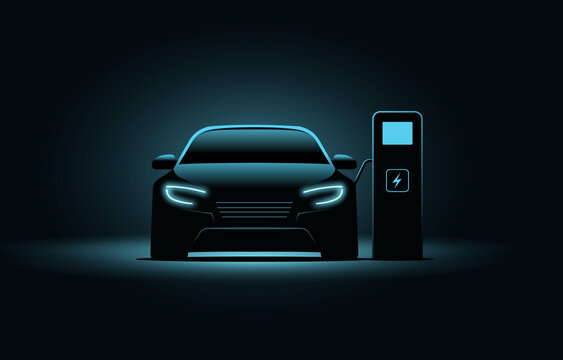The Rise of Electric SUVs: Pioneering Sustainable Mobility

In recent years, the automotive industry has witnessed a remarkable shift towards sustainability, driven by growing environmental awareness, tightening emissions regulations, and advancements in electric vehicle (EV) technology. Among the most notable developments is the rise of electric SUVs, which combine the versatility and popularity of sport utility vehicles with the eco-friendly benefits of electric propulsion. In this comprehensive analysis, we delve into the phenomenon of electric SUVs, exploring their evolution, advantages, challenges, and impact on the automotive landscape.
Electric SUVs have come a long way since their inception, evolving from niche offerings with limited range and performance to mainstream contenders that rival their gasoline-powered counterparts in terms of performance, range, and versatility. Early electric SUVs faced challenges such as range anxiety, high costs, and limited charging infrastructure, which hindered widespread adoption. However, advancements in battery technology, electric drivetrains, and vehicle design have addressed many of these concerns, paving the way for a new generation of electric SUVs that offer competitive range, performance, and charging capabilities.
Advantages of Electric SUVs: Combining Power, Versatility, and Sustainability
Electric SUVs offer several advantages over traditional gasoline-powered vehicles, making them an attractive option for eco-conscious consumers and fleet operators. One of the primary benefits of electric SUVs is their environmental sustainability, as they produce zero tailpipe emissions during operation, reducing air pollution and greenhouse gas emissions. Additionally, electric SUVs benefit from lower operating costs compared to gasoline-powered vehicles, thanks to lower fuel and maintenance expenses. Furthermore, electric SUVs offer a smooth, quiet, and responsive driving experience, with instant torque delivery and refined power delivery characteristics that enhance performance and drivability.
Challenges and Considerations: Overcoming Hurdles to Adoption
Despite their many advantages, electric SUVs face several challenges and considerations that may impact their widespread adoption. One of the main challenges is infrastructure, as the availability of charging stations remains a concern for potential buyers, especially in regions with limited charging infrastructure. Additionally, the upfront cost of electric SUVs can be higher than their gasoline-powered counterparts, although ongoing reductions in battery costs and government incentives are helping to narrow the price gap. Range anxiety, or the fear of running out of battery charge while driving, is another concern for some consumers, although advances in battery technology and the proliferation of fast-charging networks are mitigating this issue over time.
Impact on the Automotive Landscape: Shaping the Future of Mobility
The emergence of electric SUVs is reshaping the automotive landscape, influencing consumer preferences, industry trends, and government policies. As more automakers invest in electric SUVs and expand their EV offerings, competition in the electric vehicle market is intensifying, driving innovation and driving down costs. Moreover, the increasing popularity of electric SUVs is accelerating the transition towards sustainable mobility, reducing reliance on fossil fuels and contributing to global efforts to combat climate change. Governments around the world are also incentivizing the adoption of electric vehicles through subsidies, tax incentives, and regulatory measures, further driving the shift towards electrification and sustainable transportation solutions.
Future Outlook: Toward a Sustainable Mobility Ecosystem
Looking ahead, the future of electric SUVs looks promising, with continued advancements in technology, infrastructure, and consumer acceptance expected to drive further growth and innovation in the segment. As battery costs continue to decline and energy densities improve, electric SUVs will become more affordable, accessible, and appealing to a broader range of consumers. Moreover, the expansion of charging infrastructure and the development of fast-charging technologies will alleviate range anxiety and enable long-distance travel with electric SUVs. Ultimately, electric SUVs are poised to play a pivotal role in shaping the future of mobility, offering a compelling blend of power, versatility, and sustainability that meets the needs of today&8217;s drivers while preserving the planet for future generations.

Vytvorení bezplatného úctu
Thank you for your sharing. I am worried that I lack creative ideas. It is your article that makes me full of hope. Thank you. But, I have a question, can you help me?
binance-
Your point of view caught my eye and was very interesting. Thanks. I have a question for you.